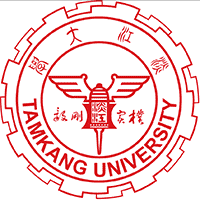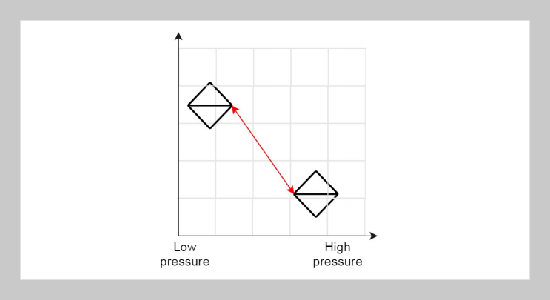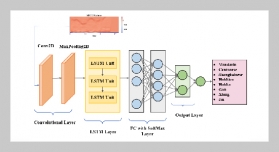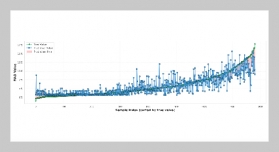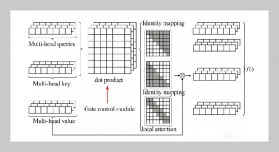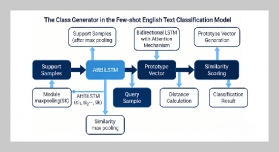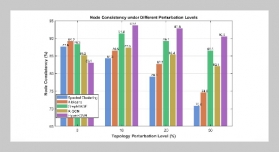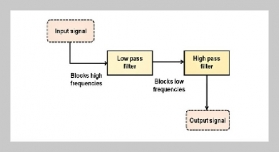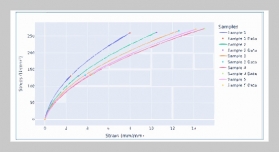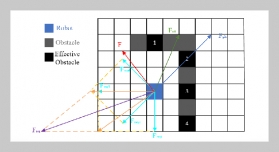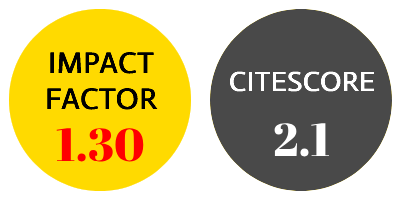Shouqing Huang This email address is being protected from spambots. You need JavaScript enabled to view it.1 1Wenzhou University Oujiang College, Wenzhou 325035, Zhejiang, and China
Received:
February 2, 2021
Copyright The Author(s). This is an open access article distributed under the terms of the Creative Commons Attribution License (CC BY 4.0), which permits unrestricted use, distribution, and reproduction in any medium, provided the original author and source are cited.
Accepted:
March 3, 2021
Publication Date:
October 1, 2021
Download Citation:
||https://doi.org/10.6180/jase.202110_24(5).0008
It is difficult to quantify the psychologically assisted teaching process in sports training courses. In order to improve the teaching efficiency and practical effects of sports training courses, based on machine learning and artificial intelligence algorithms, this paper uses HRV signals to identify and evaluate the stress state of the human body. Moreover, this paper analyzes the characteristics of heart rate variability reflecting the activity of the heart’s autonomic nervous system, and finds out the pattern of change displayed under different stress states, so that the detection of psychological stress can be easily realized. Methodology: In addition, this paper uses related methods and technologies in the field of machine learning to establish a mental health prediction model based on sports training, and applies it to the auxiliary teaching of sports training courses. Results: Finally, this paper designs experiments to study the performance of the system constructed in this paper. The research results show that the model constructed in this paper has good performance and can play a certain effect in practice.ABSTRACT
Keywords:
Sports training courses, Artificial intelligence, Psychological guidance, Auxiliary teaching, Mental model
REFERENCES
